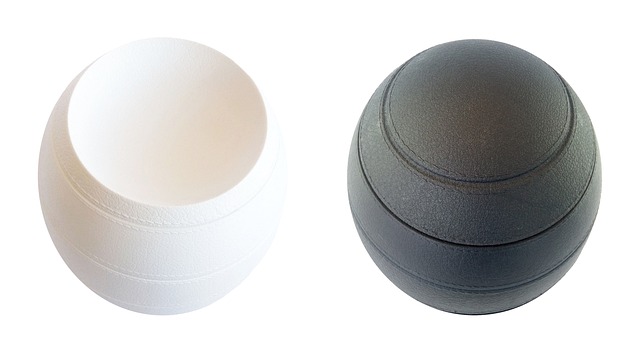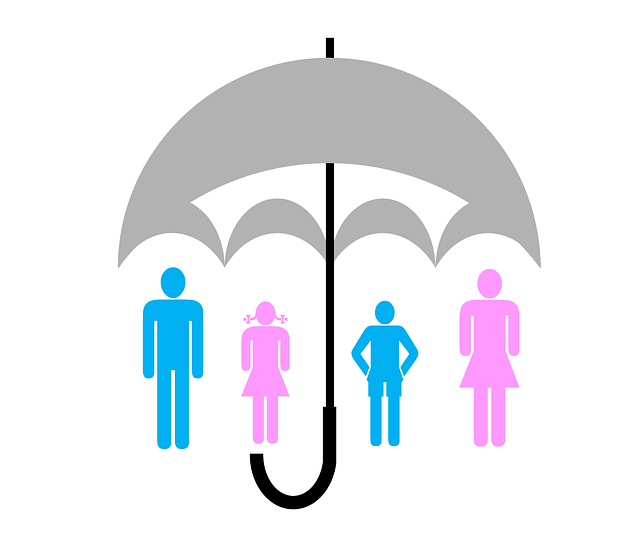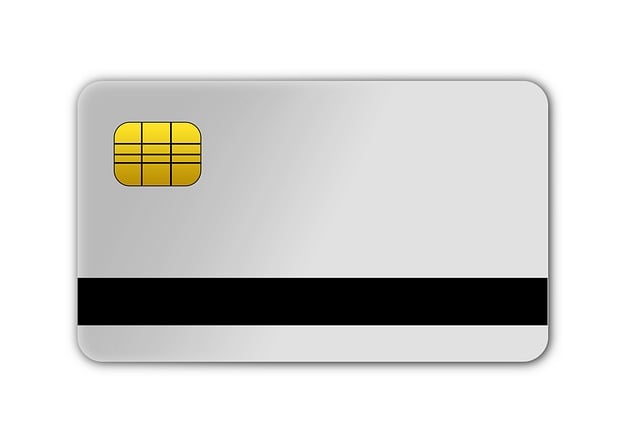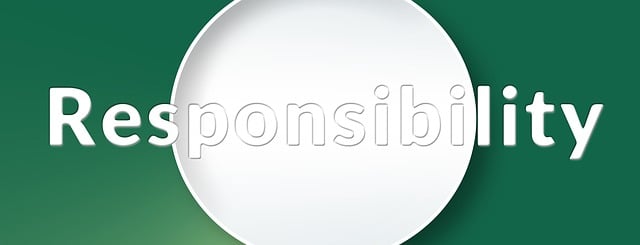South Africans struggling with multiple high-interest debts can find relief through debt consolidation loans offered by major banks like Absa, Standard Bank, and First National Bank (FNB). To secure the best deal, borrowers should compare lenders based on interest rates, loan terms, fees, and eligibility criteria. The application process involves researching banks, preparing documents, completing an application, and understanding the fine print to avoid hidden fees. Evaluating benefits and drawbacks helps ensure the chosen loan aligns with financial goals and circumstances, ultimately simplifying debt management. (Keyword: Which Banks Offer Debt Consolidation Loans)
Looking to consolidate your debts in South Africa? This comprehensive guide walks you through every step of choosing the best debt consolidation loan. We explore top banks offering these services, from ABSA and Standard Bank to Nedbank, helping you navigate the market effectively. Understanding crucial factors like interest rates, repayment terms, and hidden fees is key to making an informed decision. By the end, you’ll be equipped to unlock a favorable deal and take control of your financial future.
- Understanding Debt Consolidation Loans: A Comprehensive Guide
- Which Banks in South Africa Provide Debt Consolidation Options?
- Factors to Consider When Evaluating Loan Offers
- The Application Process: Step-by-Step Guidance
- Comparing Interest Rates and Terms: Unlocking the Best Deal
- Benefits and Potential Drawbacks: Making an Informed Decision
Understanding Debt Consolidation Loans: A Comprehensive Guide

Debt consolidation loans are a popular financial tool for South Africans looking to streamline multiple debts into one manageable repayment. This type of loan allows borrowers to combine various high-interest debts, such as credit card balances, personal loans, and store cards, into a single loan with a potentially lower interest rate. By doing so, individuals can simplify their financial obligations, save on interest expenses, and improve their overall cash flow management.
When considering which banks offer debt consolidation loans in South Africa, it’s essential to compare different lenders’ terms, conditions, and interest rates. Major banks like Absa, Standard Bank, and First National Bank (FNB) provide debt consolidation options, often catering to various borrower profiles. Lenders typically assess applicants’ credit history, income levels, and the amount of debt they wish to consolidate when determining eligibility and loan amounts. Understanding these factors beforehand will help you make an informed decision when selecting the best debt consolidation loan for your needs, ensuring a smoother financial journey.
Which Banks in South Africa Provide Debt Consolidation Options?

In South Africa, several banks offer debt consolidation loans as part of their financial services. Some of the prominent institutions providing this option include Standard Bank, First National Bank (FNB), and Absa Bank. These banks have recognized the need for debt relief among South Africans and have tailored consolidation loan programs to assist individuals in managing their debts more effectively.
When considering a debt consolidation loan from these banks, it’s essential to evaluate each bank’s interest rates, repayment terms, and any associated fees. Each bank may have different criteria for eligibility, so comparing their offerings will help you find the best fit for your financial situation. Additionally, checking reviews and seeking recommendations can provide valuable insights into the customer experience and service quality of these banking institutions.
Factors to Consider When Evaluating Loan Offers
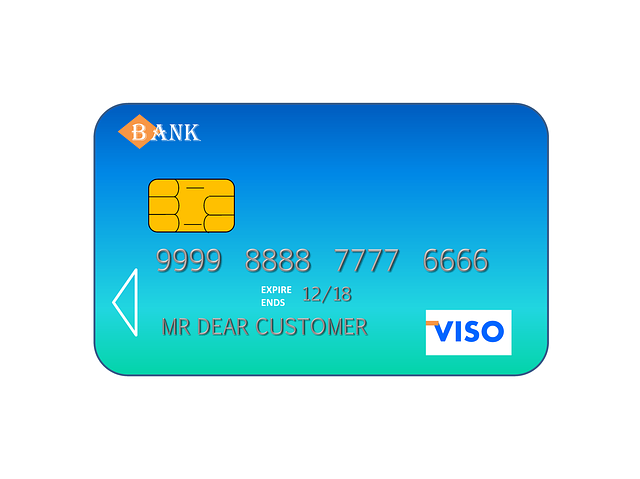
When evaluating debt consolidation loan offers in South Africa, there are several key factors to keep in mind. Firstly, consider the interest rate, as this will significantly impact the overall cost of borrowing. Compare rates across different banks and lenders, focusing on fixed rates for predictability. Secondly, look into the loan terms – the longer the term, typically the lower your monthly repayments, but ensure you’re not stretching out repayment over an unreasonably long period, which could end up costing more in interest.
Additionally, explore the lender’s reputation and reliability. Research which banks offer debt consolidation loans in South Africa and check their customer reviews and ratings. Reputable banks with strong financial backing can provide greater peace of mind. Also, understand any associated fees, such as application or early repayment charges, to ensure you’re not hit with unexpected costs.
The Application Process: Step-by-Step Guidance
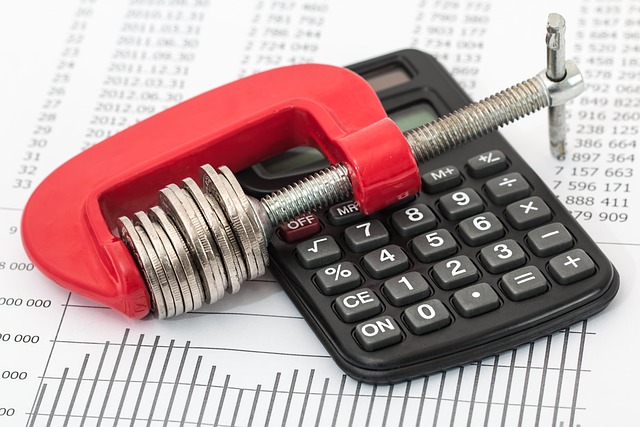
The Application Process: Step-by-Step Guidance
When considering a debt consolidation loan in South Africa, understanding the application process is key to securing the best deal. First, research which banks offer debt consolidation loans and compare their interest rates, repayment terms, and fees. You can find this information on bank websites or through financial comparison tools. Choose a few options that align with your needs and financial situation.
Next, prepare your documents. Banks will typically require proof of identity (such as a valid ID document), proof of income (like a recent payslip or tax returns), and details of your existing debts. Ensure these documents are up to date and easily accessible. Once you’ve gathered everything, apply for the loan online or visit the bank branch. Fill out the application form accurately, providing all necessary information about your current debts and financial obligations. After submitting your application, a lender will review it and may request additional documentation or conduct a credit check.
Comparing Interest Rates and Terms: Unlocking the Best Deal

When comparing debt consolidation loans, one of the most critical factors is interest rates and loan terms. It’s essential to look beyond the initial offer and scrutinize the fine print. Different banks in South Africa may advertise attractive rates, but it’s crucial to understand the associated fees and charges. Some institutions might offer lower initial rates but then add hidden costs that can significantly increase your overall borrowing expense.
Take your time to research and compare which banks offer debt consolidation loans with transparent terms. Check the annual percentage rate (APR) and ensure you grasp how it is calculated. Longer loan terms usually mean smaller monthly installments but could result in paying more interest over the life of the loan. Finding the right balance between manageable payments and minimal interest costs is key to getting the best deal when consolidating your debts.
Benefits and Potential Drawbacks: Making an Informed Decision

When considering a debt consolidation loan in South Africa, weighing the benefits against potential drawbacks is crucial. One of the key advantages is financial simplification: by consolidating multiple debts into one loan with a lower interest rate, you can reduce your monthly payments and potentially save on overall interest costs. This clarity can alleviate stress and improve cash flow. Moreover, many debt consolidation loans offer the flexibility to make extra repayments without penalty, allowing for faster debt repayment.
However, it’s important to remember that not all debt consolidation loans are created equal. Some may come with hidden fees or stringent terms. When deciding which bank to approach, thoroughly research their offerings and compare interest rates, loan terms, and any associated costs. Check reviews from other customers to gauge their experiences with the lender. Remember, while a debt consolidation loan can be a powerful tool for managing debt, it’s essential to choose one that aligns with your financial goals and circumstances, ensuring you make an informed decision when choosing which banks offer debt consolidation loans in South Africa.





